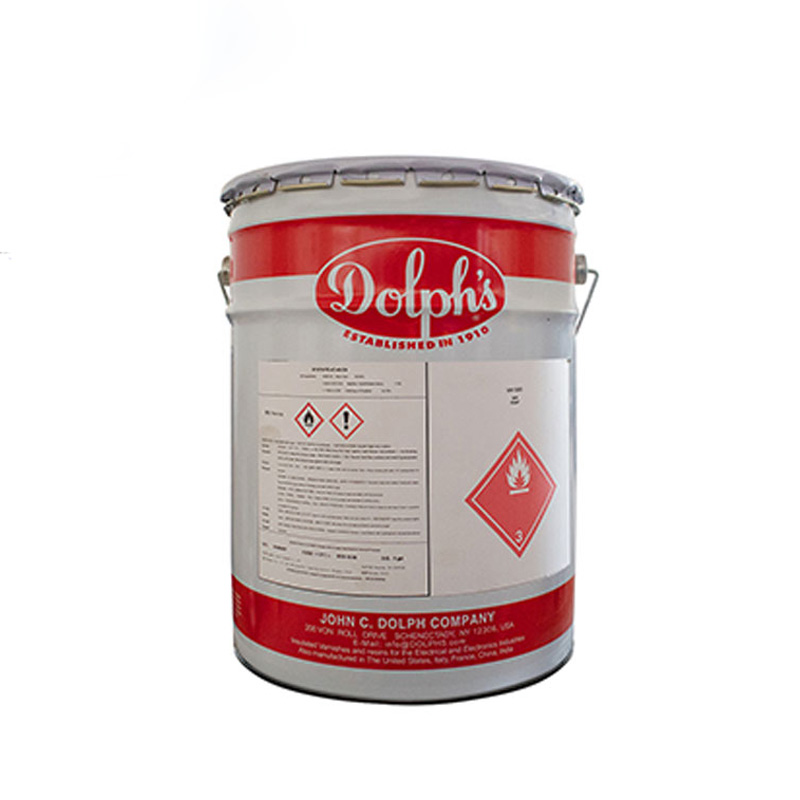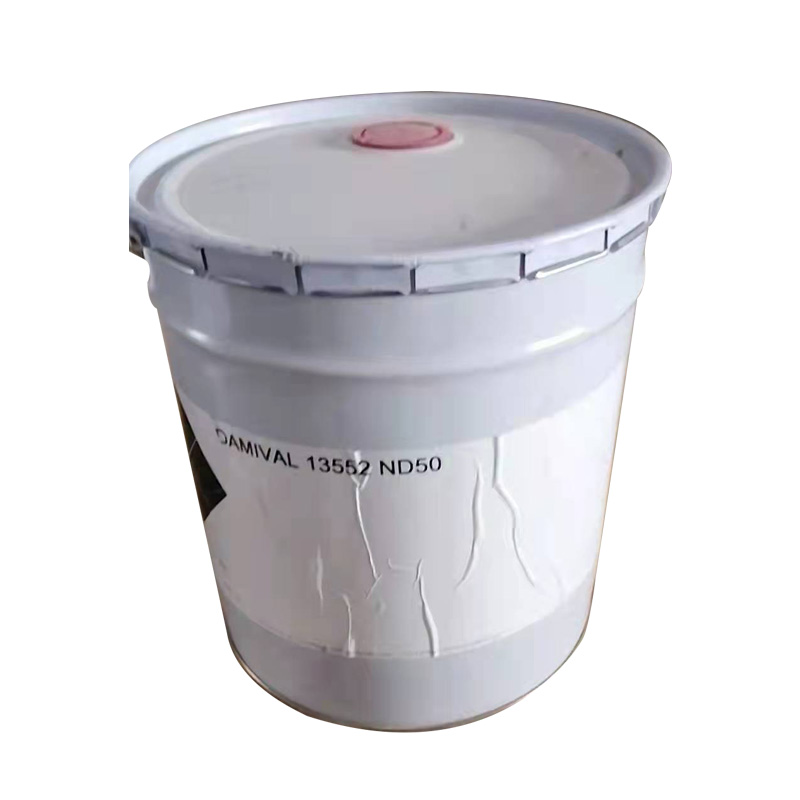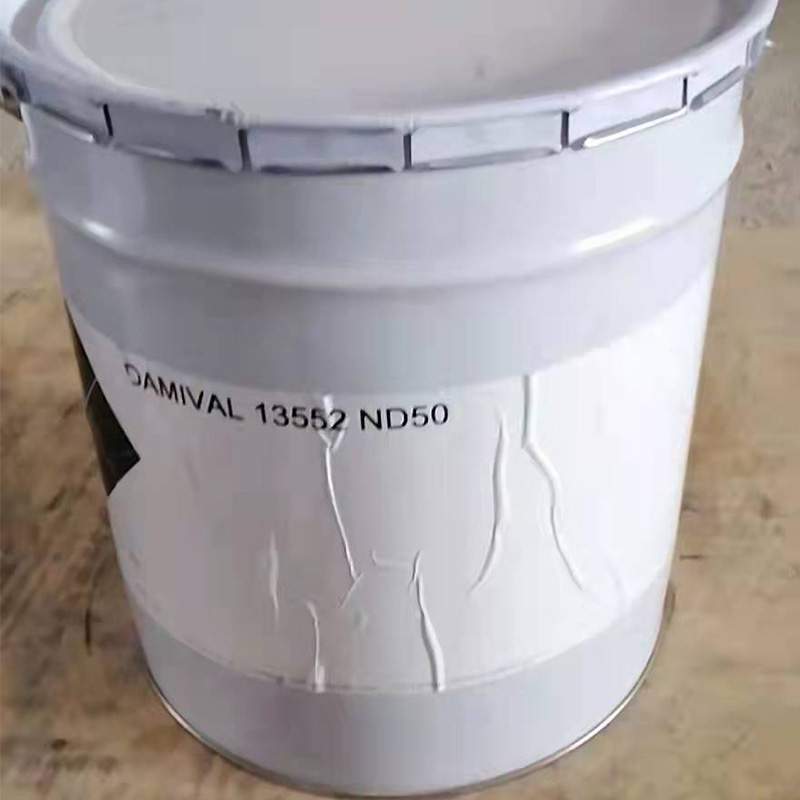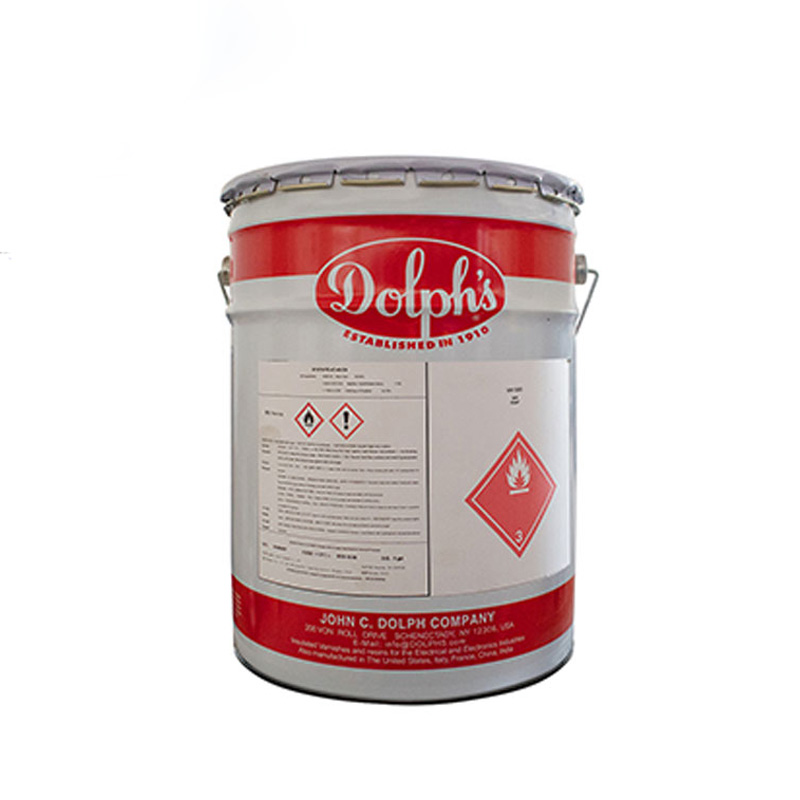The importance of conformal coating thickness of conformal coatingCurrent location :Home > The importance of conformal coating thickness of conformal coating
- Time:2022-1-10 11:11:16 Posted:E&C Technologies(Shenzhen) Co., Ltd.
- The importance of conformal coating thickness of conformal coating
Proper conformal coating thickness is critical to ensuring the long-term reliability of electronic products. Choosing the right minimum coating thickness can help achieve the desired conformal coating function; however, if the coating is too thick, protection will be compromised. Therefore, it is very important to choose the appropriate conformal coating thickness of conformal paint.
Typical conformal coating technical data sheets give recommended coating thicknesses, and these thicknesses are usually range values rather than absolute values. To understand why conformal coating manufacturers do this, we need to understand some coating certification standards such as IPC-CC-830, MIL-I-56058C or UL-746E.
These standards encompass a variety of conformal coating performance test methods that measure properties such as moisture and insulation resistance, dielectric withstand voltage, flame retardancy, and more. All electrical, chemical and physical properties listed in the technical data sheets have been measured and evaluated by these standardized methods, and the tests are carried out in accordance with the coating thickness specified in the standard.
Conformal coating manufacturers therefore give a thickness range that ensures optimum electrical and physical properties. The thicknesses given in the technical data sheets are for reference only and are not mandatory. In the application of conformal coatings, we need to understand the consequences of improper coating thickness:
Coating thicknesses that are too low, such as below 25µm (1 mil), can be risky because dielectric strength and other physical properties are not tested according to standardized test methods. This does not mean that conformal coatings cannot protect electronic devices, but that standardized test methods are not used for too low coating thicknesses. Too high a coating thickness does not provide additional protection to the PCB and can instead cause coating defects such as cracking, CTE mismatch, wrinkling, air bubbles inside the conformal coating after curing, etc.
In conclusion, choosing the right thickness of the conformal coating is particularly important. Conformal coating thicknesses should be selected within the ranges specified in the technical data sheets, as coating manufacturers conduct appropriate standardized tests within these thickness ranges. Furthermore, as discussed above, deviations from the range values may result in coating defects as described above.
The importance of conformal coating thickness of conformal coating
Related Technology




